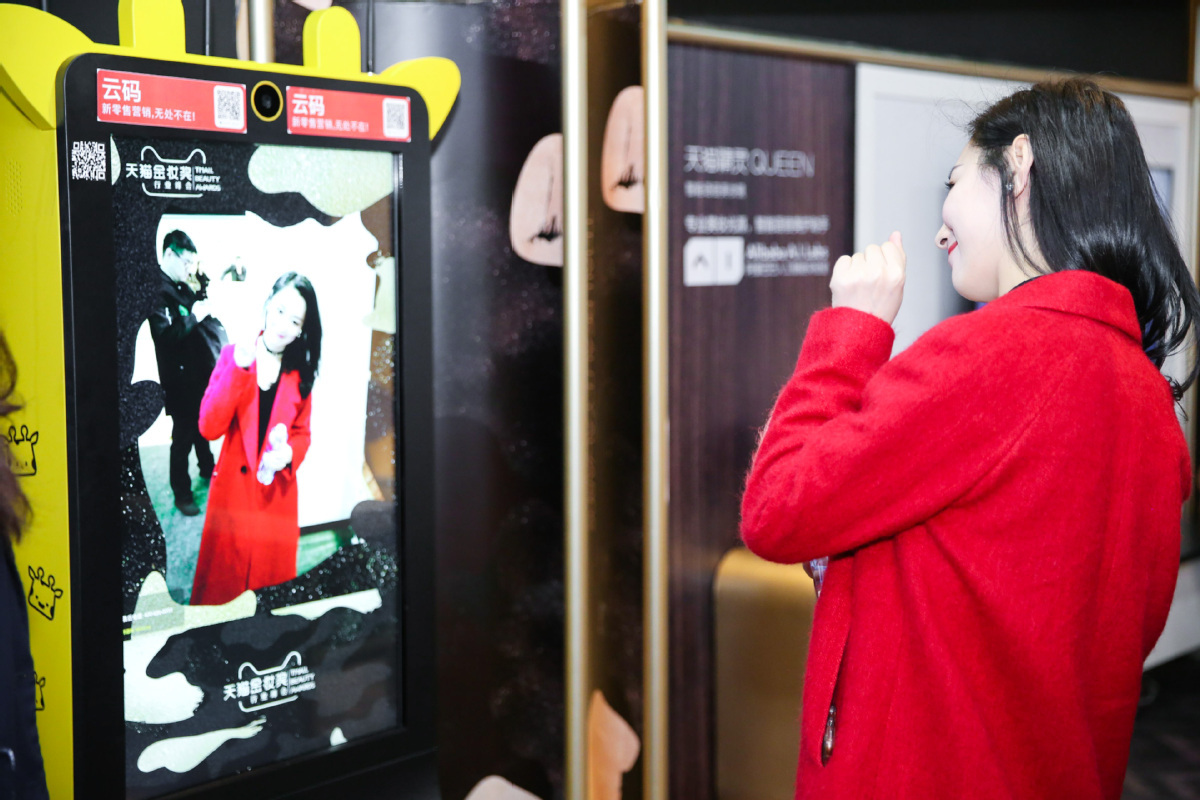'Technology for good' making progress in China


BEIJING - If you have lost your wallet, credit card and cell phone in an earthquake, how could you get some money from a bank for emergency purposes?
Blockchain and facial recognition technologies are the answer. One could get a small amount of money from some banks' ATMs via a project called United Aid Net (UAN) based on previous input of your unique information such as facial features.
The UAN project was developed by a Chinese team called Green Coder, which made it into the top five winners of IBM's Call for Code 2018 Global Challenge, a worldwide developer competition that seeks technology solutions for natural disaster preparedness, response and recovery.
"We are glad to see that a growing number of Chinese coders and companies are using technology to do something good," said Bill Ni, head of IBM China Group's developer ecosystem & amp digital platform.
About 15 Chinese enterprises and institutions were part of the Call for Code initiative last year, and this year it has seen the addition of 20 new participants, according to Ni.
"Technology for good" is becoming a popular idea among China's tech firms, as emerging technologies ranging from artificial intelligence to cloud computing are showing society-transforming power.
"AI brings convenience to humans, together with philosophical, ethical and practical risks and challenges. We need to establish correct technological values as technologies evolve rapidly," Seng Yee Lau, senior executive vice-president of Tencent, said at a recent conference.
The tech giant earlier this month unveiled an AI sign language translation platform to serve people with hearing loss. As the user faces the camera, their sign language can be converted into words in almost real time.
E-commerce giant Alibaba in March set up a philanthropic committee to encourage more of its engineers to use their technical expertise to serve the society.
The call for "technology for good" is rising in volume among Chinese firms. Many national lawmakers and political advisers from the tech arena advocated more applications of technologies for public good during the two sessions in March.
Wang Xiaochuan, CEO of search engine and AI company Sogou, called for safe opening of more data in education, medical services and old-age care to benefit the public with smart solutions. Internet company NetEase's chairman and CEO William Ding suggested that internet technologies can be further used to improve education quality in rural areas by measures such as building a digital school staffed by high-caliber teachers from cities.
"More and more Chinese companies are becoming aware that corporate social responsibility is not only about donations, but also about innovative cooperation to leverage their technological expertise for social good," observed Jim Lin, director of IBM China Group's brand, communications and citizenship business.
Technologies have a lot to help on many social fronts, and disaster relief is one key field, according to Zhang Yong, head of China's nongovernmental humanitarian organization, Blue Sky Rescue.
"I hope that AI sensors can be developed to help rescuers detect victims and potential dangers. Systems that can collect, update and coordinate information will also be of great help for us," Zhang said.
Xinhua




































